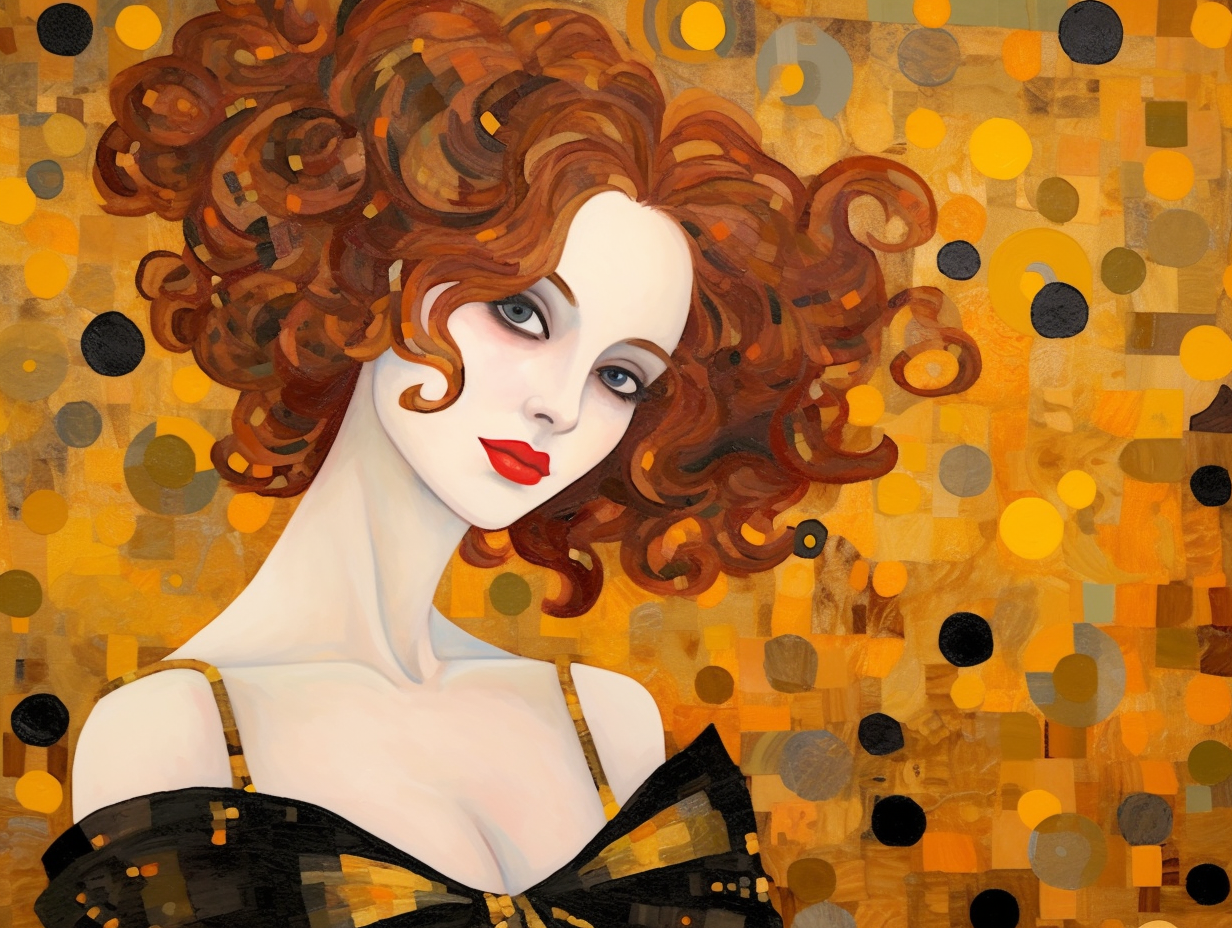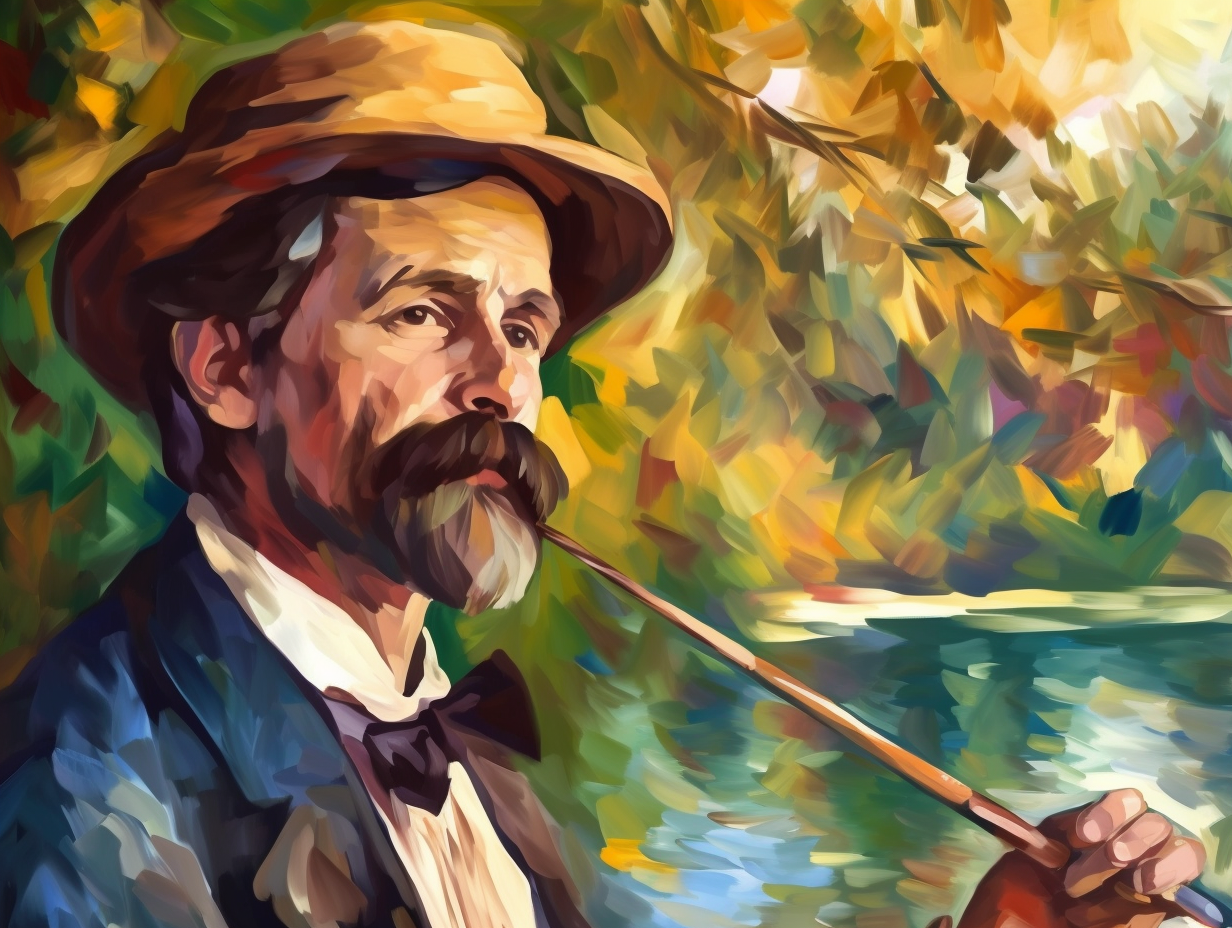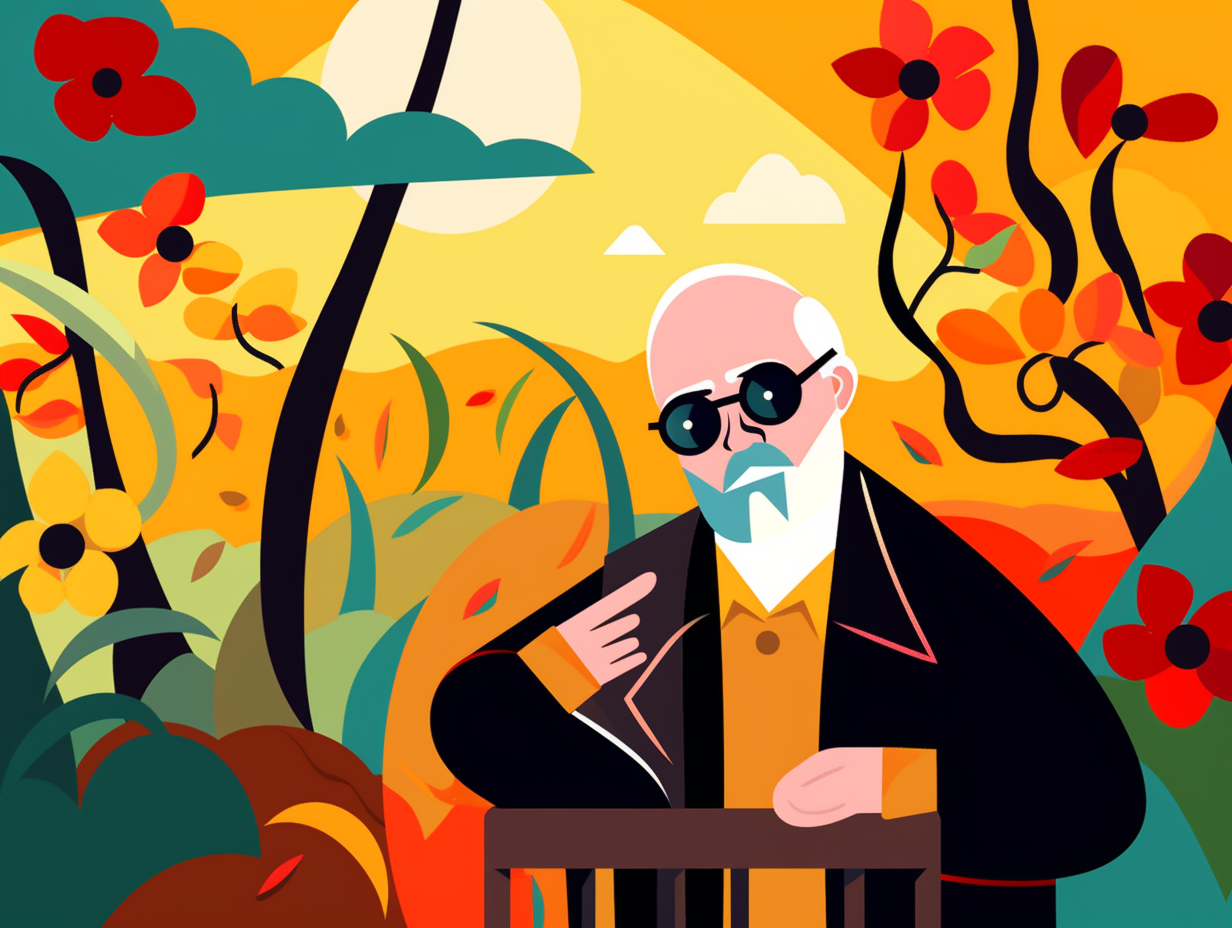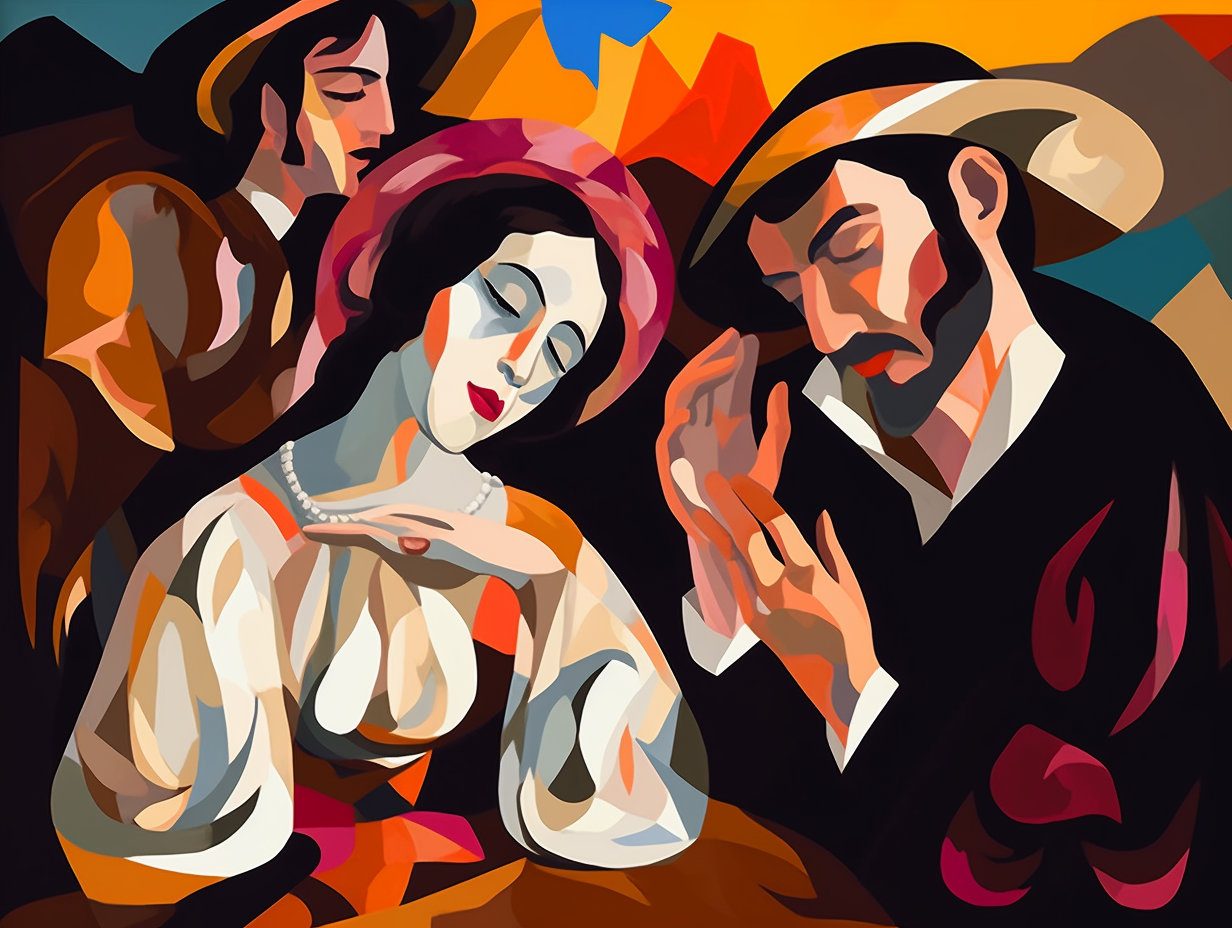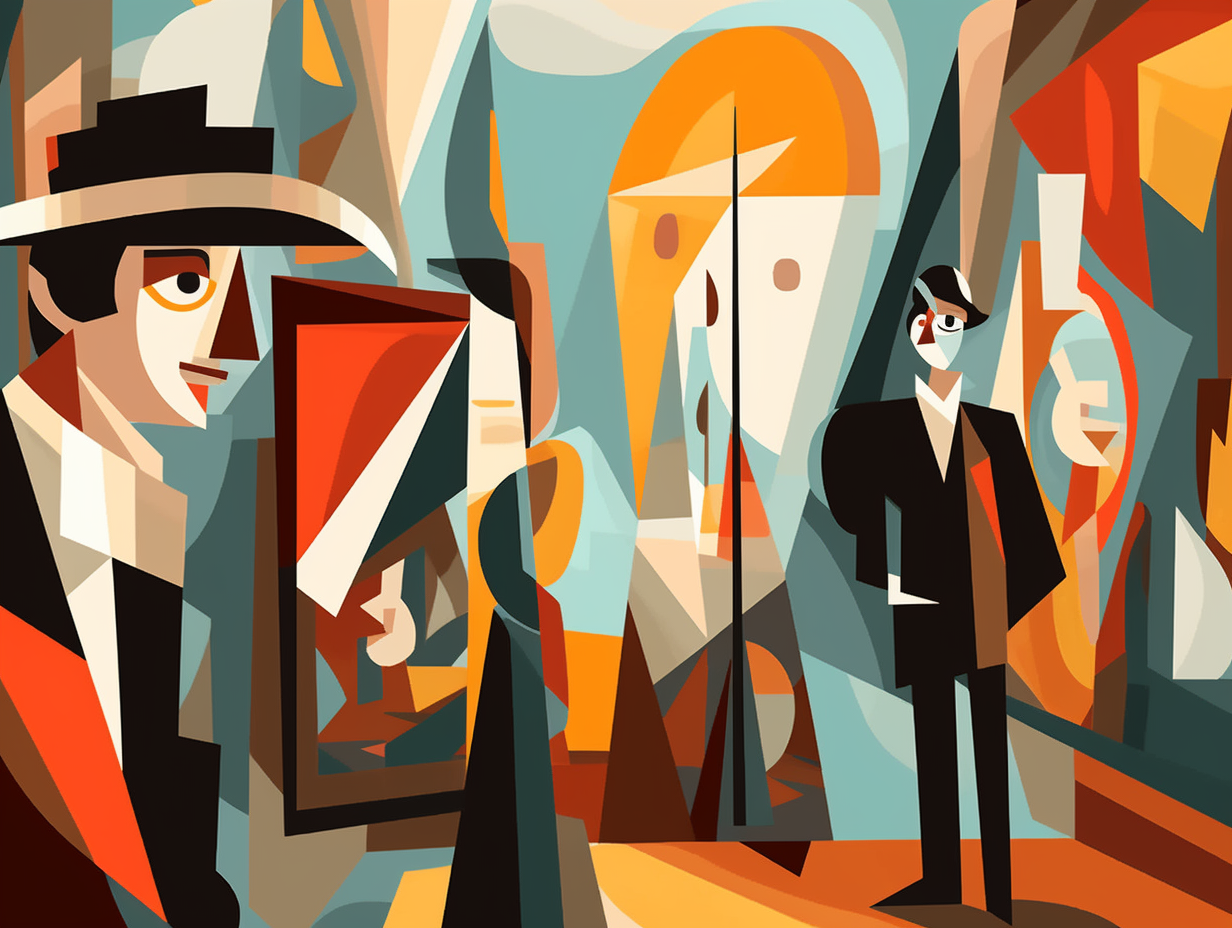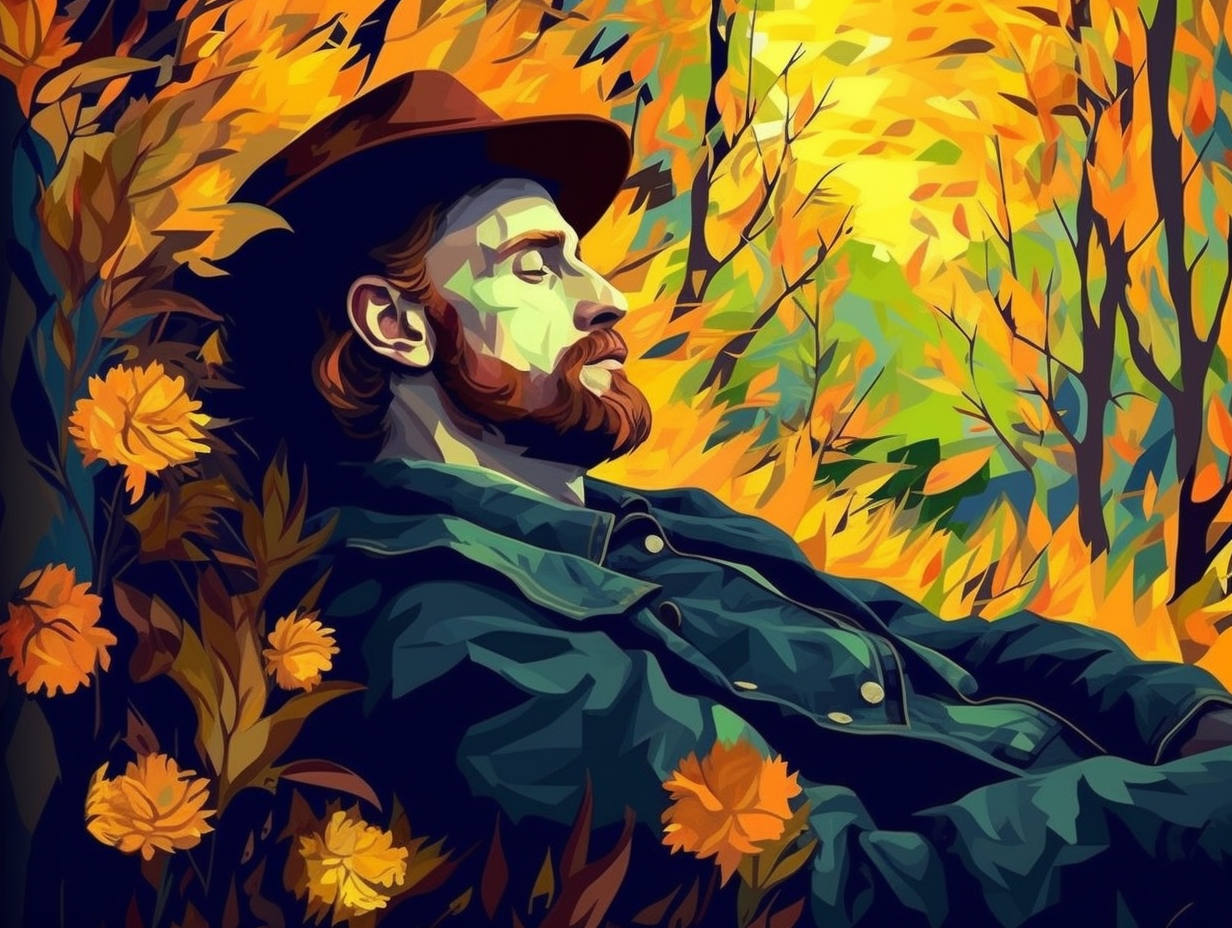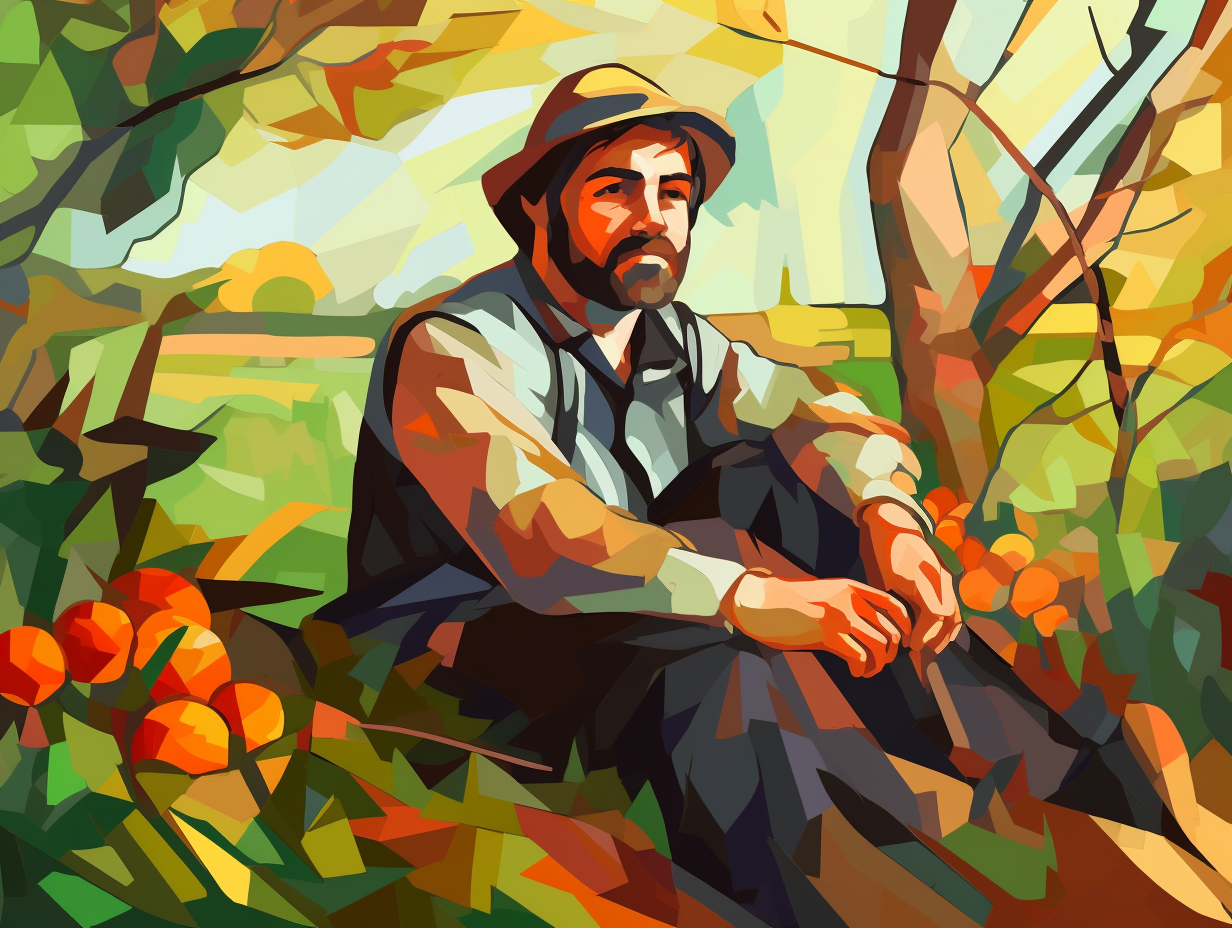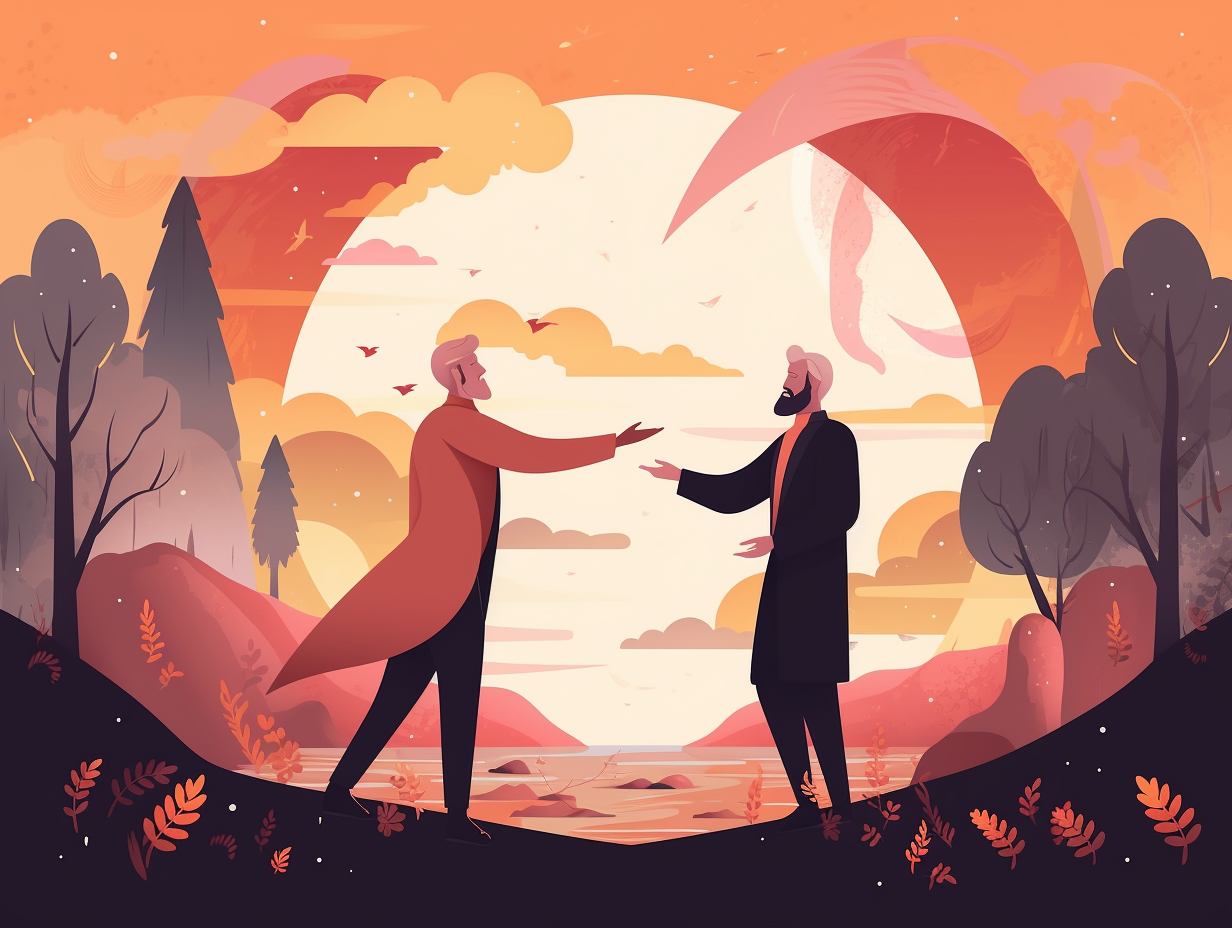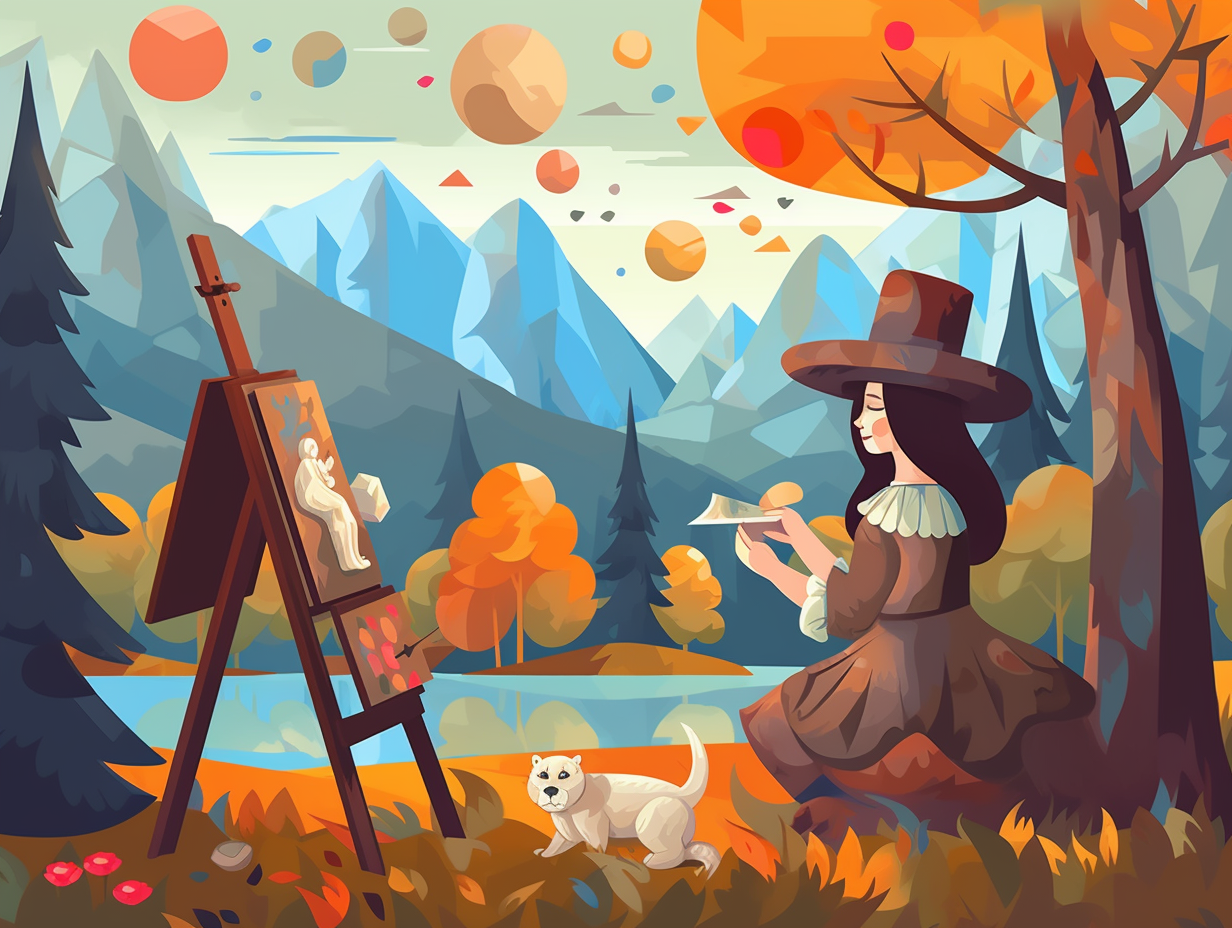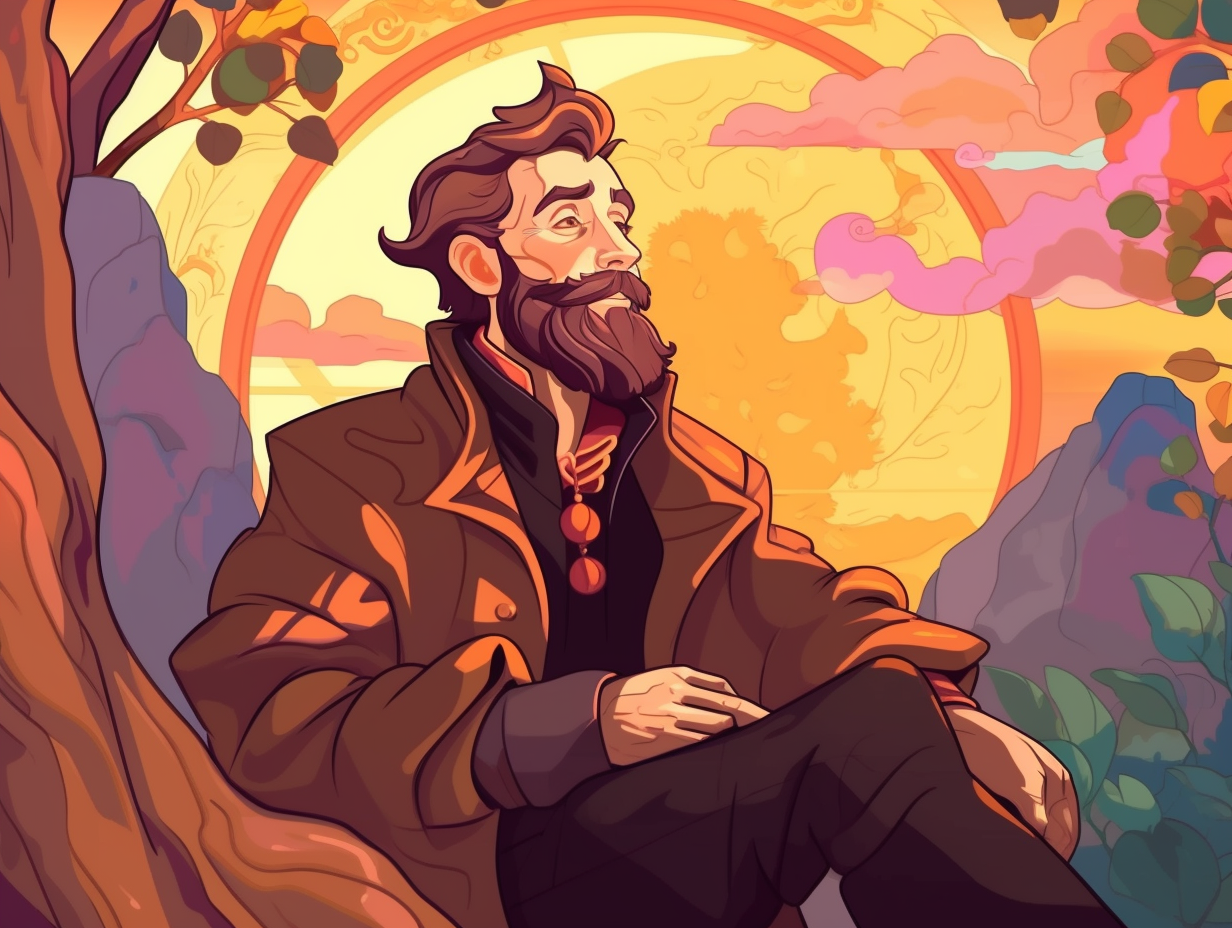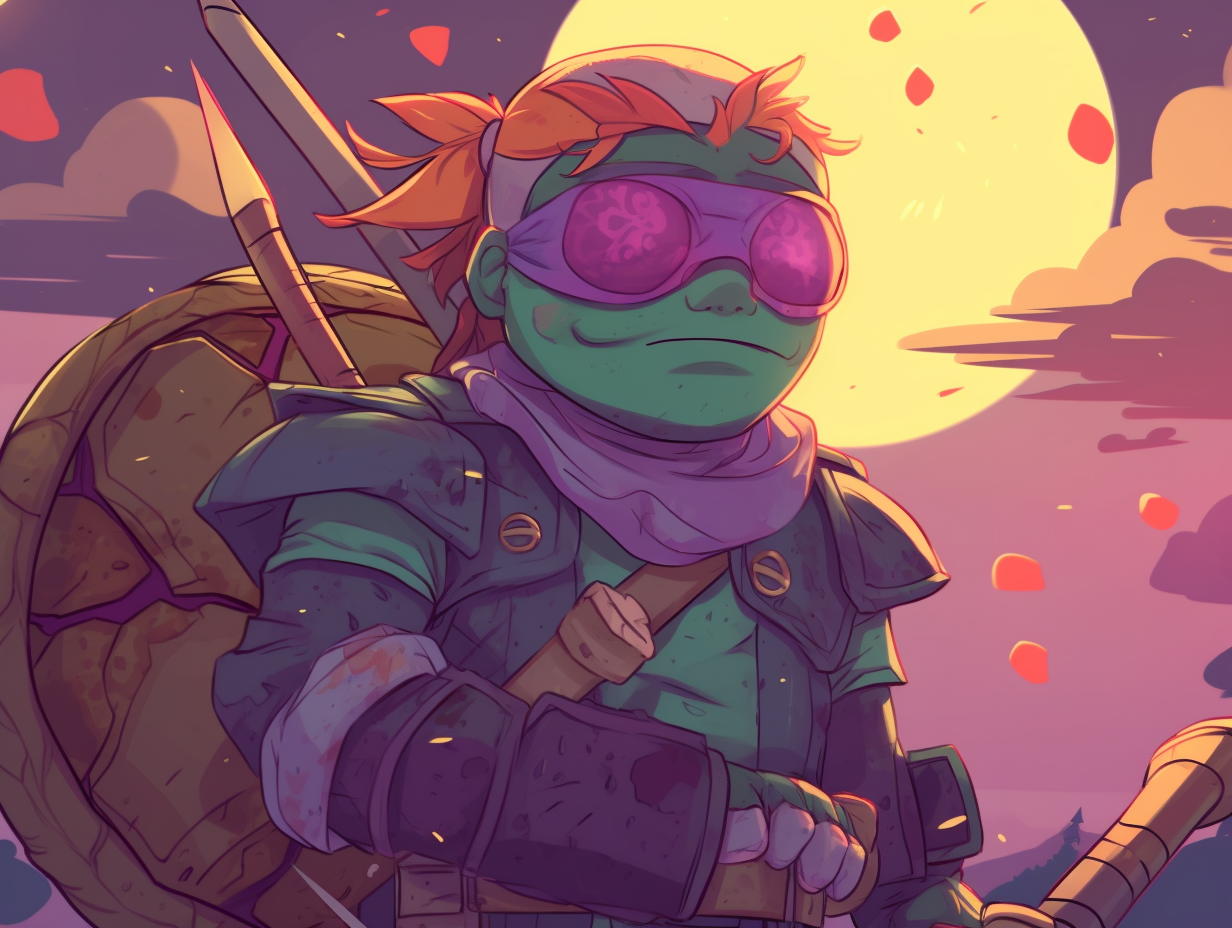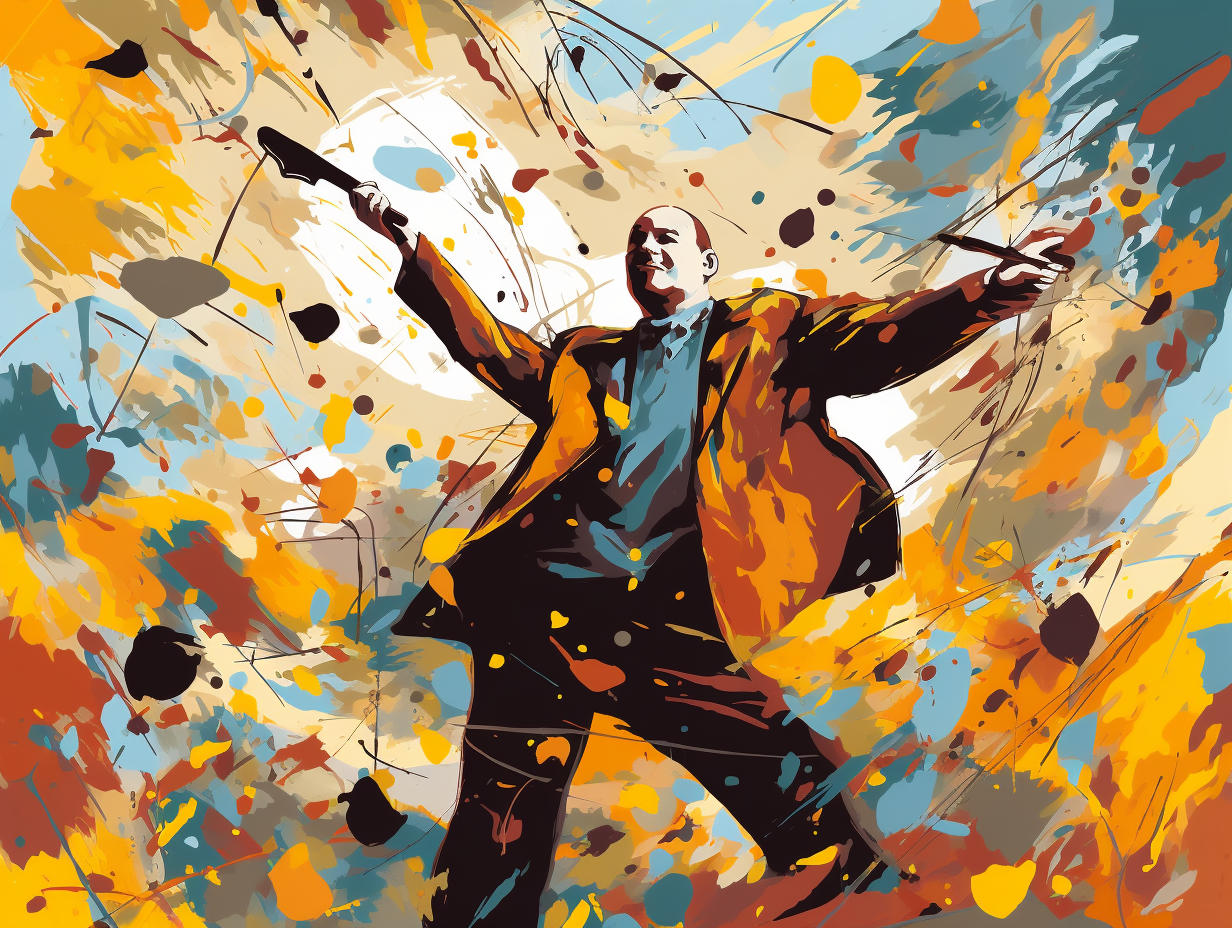Discover the Unexpected: Top 9 Astonishing Fun Facts About Edvard Munch You Never Knew!

1. Netflix and Chill: Agoraphobic Edition
If Edvard Munch were alive today, he'd give new meaning to "Netflix and chill": The celebrated artist behind "The Scream" was actually an agoraphobic who spent the last 35 years of his life in near-complete solitude, using his home as a sanctuary to focus on his art, as he was petrified of crowds and open spaces – potentially due to the childhood trauma of losing his mother and sister to tuberculosis.
Source => historycollection.com
2. The Scream: Painted Party Animal
If Edvard Munch's social life were a painting, it might be titled "The Scream with a Side of Debauchery": Munch was part of The Black Piglet Group, a bohemian collective infamous for drugs, wife-swapping, casual Satanism, and even murder, while his portraits of fellow members and their partners only stirred the pot of chaos amongst them.
Source => artspace.com

Did you know that the infamous 1994 art-heist of Edvard Munch's "The Scream" involved a single wire cut and a cheeky note? Discover the wild tale of its multiple thefts and a secret luxurious version worth $119.9 million! 🖼️💰
=> Fun Facts about The-Scream-Painting
3. The Art of Art Theft: Scream Edition
Apparently, Edvard Munch's "The Scream" puts the 'art' in 'steal your heart': it has been stolen not once, but twice from different museums in Oslo – 1994's theft coinciding with the Winter Olympics opener, and 2004's heist keeping up the chilly theme. However, fear not, for both times the paintings were recovered and the thieves caught, with a privately owned third version tucked safely away, which fetched a cool $119.9 million back in 2012.
Source => history.com
4. Lightning Strikes Twice: Oslo Art Heists
Whoever said lightning doesn't strike the same place twice, clearly hadn't met the art thieves of Oslo: Edvard Munch's iconic painting, The Scream, was stolen not once, but twice from museums in the city - first in 1994 from the National Gallery, and then in 2004 from the Munch Museum, with the painting suffering significant damage in the latter theft before being recovered both times.
Source => drawpaintacademy.com

5. From Fine Art to Springfield: The Scream's Pop Culture Invasion
From making its way into the quirky world of Springfield to being immortalized with a touch of silk-screened "Pop": Edvard Munch's masterpiece "The Scream" has transcended the realm of fine art to become a ubiquitous symbol of modern-day angst, leaving an indelible mark on popular culture with cameos like a scene in "The Simpsons" and a parodic rendition by the legendary Andy Warhol himself.
Source => theartstory.org
6. Move Over, Van Gogh: Record-Breaking Scream Sale
Hold onto your ear plugs, Van Gogh, because a Norwegian has got some screams worth more than just your brushes: Edvard Munch's iconic painting, "The Scream," sold for a whopping $120 million in 2012, making it the second most expensive artwork at the time, shy only of da Vinci's Mona Lisa.
Source => smarthistory.org
7. Punk Rock Printmaker: Munch's Woodcut Revolution
Before he made woodcuts cool, Edvard Munch was the original DIY punk rock printmaker, slicing and dicing blocks of wood like they were fresh ingredients in a delicious salad of expressionism: Munch pioneered his own woodcut technique by integrating bold and broad strokes, cutting his completed woodblocks into separate sections, and inking them individually. This avant-garde approach contributed to the vivid compositions and striking color palettes that inspired the German Expressionist movement, with artists such as Ernst Ludwig Kirchner and August Macke tuning their paintbrushes to the beat of Munch's creative drum.
Source => smithsonianmag.com
8. The Emotional Express: Munch's Frieze of Life
If Edvard Munch's life were a rollercoaster, it would be called "The Emotional Express on the Edge," chock-full of steep drops, sharp turns, and an overabundance of scream-inducing moments: Amongst his famous series, "The Frieze of Life," Munch beautifully yet hauntingly portrays his own struggles with depression and anxiety through iconic masterpieces like The Scream, Madonna, Vampire, Angst, Melancholy, and Death in the Sickroom.
Source => munch.emuseum.com
9. Sensitive Scribe: Munch's Madman Inscription
As sensitive as a porcupine at a balloon party, Edvard Munch couldn't shake off an offhand jibe: He subtly inscribed "Could only have been painted by a madman" on the upper left corner of his piece "The Scream" after a medical student called him a "madman" at an exhibition in 1895. This self-inflicted jab not only highlights Munch's vulnerability but also leaves art enthusiasts wondering, do we owe a misdiagnosed lunacy for one of the most iconic images of the modern era?
Source => nytimes.com
Related Fun Facts

